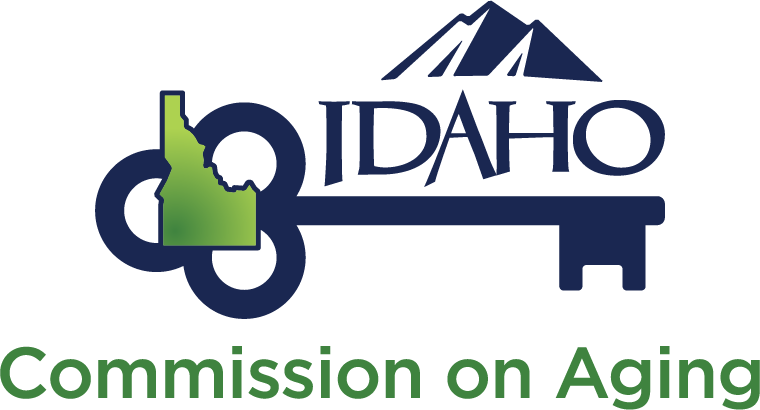Why Health Professionals Should Update Their Knowledge
Our older adult population is growing at a rapid rate. Relative to the overall population, older adults consume a disproportionally large percentage of health care resources. This compels health care professionals to be savvy with best care practices for older adults. Unfortunately, most medical professional school curricula do not equip graduates with adequate attitudes, knowledge and skills to care for elderly populations. Why is this so?
A continuing challenge for the older adult population is polypharmacy. Nearly 50% of older adults take one or more medications that are not medically necessary. Research has clearly established a strong relationship between polypharmacy and negative clinical consequences.
Physiologically older adults vary in almost every organ system from their younger adult counterparts.
Older adults want to stay in their own homes, and remain as independent as possible. This goal must be supported through healthy lifestyle choices. It’s no secret that a well-balanced diet and regular physical activity are vital components of a healthy lifestyle for anyone, but for adults over age 60, eating well and staying active can have a remarkable impact on quality of life and even life expectancy.
A substantial body of research shows that to retain mobility and functional independence, maintain a healthy weight, and keep Type 2 diabetes and heart disease at bay, seniors must consume foods high in nutrients and keep a consistent exercise routine. Several studies found that seniors who exercise regularly are seven times more likely to age healthily.
While these are interesting facts, they represent the breadth of knowledge health professionals must maintain in order to serve older adult adequately. A holistic approach to professional development lends to more successful holistic care.
- Consider a medical alert or a buddy system
- Keep a fire extinguisher and smoke detector on every floor
- Never smoke in bed
- Always get up slowly after sitting or lying down
Keep Learning
Successful people never quit learning. Caregivers deserve reliable and helpful information. When you take one of our FREE self-paced courses you will gain tips and skills that increase your abilities and confidence.

